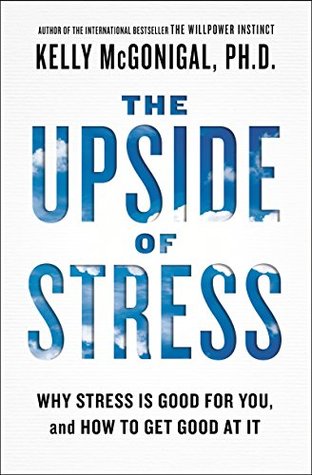More on this book
Community
Kindle Notes & Highlights
How you think about something can transform its effect on you.
the effect you expect is the effect you get.
The belief that you don’t belong also feeds into many destructive states of mind, from impostor syndrome (I’m a fraud, and everyone will find out) to stereotype threat (Everyone expects to me to fail) and self-handicapping (Why bother trying?).
When you feel your body responding to stress, ask yourself which part of the stress response you need most. Do you need to fight, escape, engage, connect, find meaning, or grow?
We get stressed when our goals are on the line, so we take action. We get stressed when our values are threatened, so we defend them. We get stressed when we need courage. We get stressed so we can connect with others. We get stressed so that we will learn from our mistakes.
we cannot always control the stress in our lives, but we can choose our relationship to it.
A positive view of anxiety can also make you less likely to burn out in a demanding job.
Choosing to view anxiety as excitement, energy, or motivation can help you perform to your full potential.
When she was less worried about not sounding stupid, she was better able to hear and make use of the feedback she received.
What if you described your job from the point of view of the people you work with or serve? What would they say about how your role helps them? How does your job support the greater mission of the company or the welfare of people in your community?


